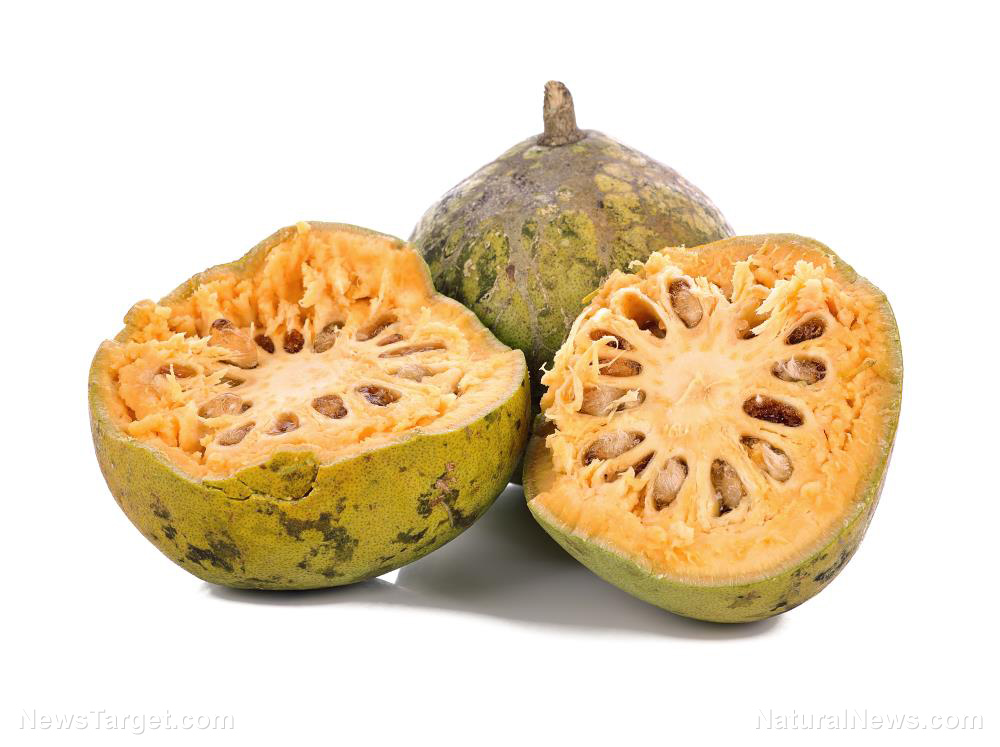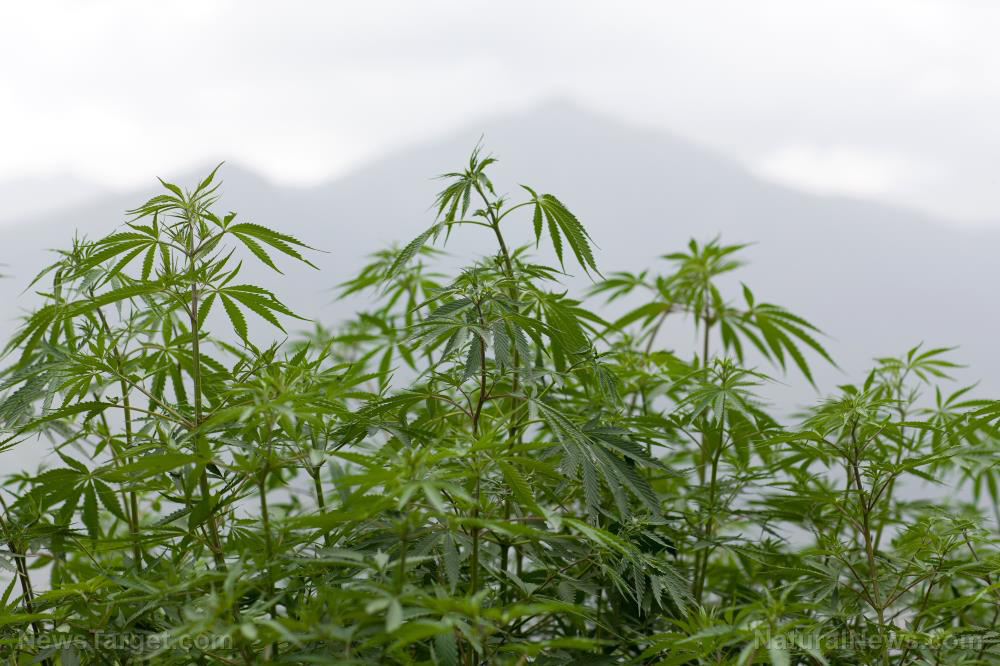Jingfukang: The TCM herbal medicine that stops lung cancer in its tracks
02/24/2022 / By Franz Walker

Lung cancer is one of the leading causes of cancer-related deaths worldwide. Around 25 percent of all cancer deaths each year is due to lung cancer, more than that from colon, breast and prostate cancers combined.
With this in mind, researchers from the Shanghai University of Traditional Chinese Medicine and the Shanghai Research Institute of Traditional Chinese Medicine looked at Jinfukang, a traditional Chinese herbal remedy made from 12 herbal medicines, and its ability to fight lung cancer.
Current multidisciplinary treatments for lung cancer can both increase the long-term survival of the patients and reduce disease recurrence. But these therapies have limited benefits for lung cancer patients at the early stages of the disease. Studies show that adjuvant chemotherapy, targeted therapy and immunotherapy do not improve the prognosis and survival of patients with early-stage lung cancer and cause serious side effects and complications. (Related: Nurse diagnosed with breast and lung cancer shuns chemotherapy.)
Jinfukang, on the other hand, has long been used in Traditional Chinese Medicine (TCM) and clinical practice as a treatment for non-small cell lung cancer (NSCLC). It has been shown to prevent metastasis, stabilize tumor lesions, improve response rates when combined with chemotherapy and prolong the survival of lung cancer patients.
That said, the biological mechanisms behind these actions were unclear. This was the driving force behind the current study, which appeared in the journal BMC Complementary and Alternative Medicines.
Understanding how Jinfukang fights early-stage lung cancer
To study the biological processes behind Jinfukang’s anti-cancer properties, the researchers first freeze-dried Jinfukang oral liquid and ground it into a powder. At the same time, they also acquired circulating human lung cancer cells from the peripheral blood of patients with stage II lung cancer.
The lunch cancer cells were cultured in an F12K medium with 10 percent bovine serum. This was then incubated at 37 C in humidified air containing 5 percent carbon dioxide, then allowed to grow overnight. Following this, the cancer cells were then mixed with the Jinfukang powder that had been dissolved in dimethylsulfoxide (DMSO) and diluted in the F12K.
The mix of cancer cells and Jinfukang was made to incubate for 24, 48 and 72 hours before they were subjected to Cell Counting Kit-8 (CCK-8) assays. From this, the researchers plotted the survival curves of the cells.
In addition, the researchers conducted a colony-forming assay. Cells were allowed to attach in 6-well plates overnight before being treated with Jinfukang for 10 days. After this time, the researchers counted the number of surviving cells.
The researchers then used flow cytometry tests to detect if Jinfukang was inducing cell apoptosis. In addition, they also looked at the expression levels of reactive oxygen species (ROS) and caspase-3.
Finally, they conducted tests to see if the Jinfukang was damaging the DNA of the cancer cells. This was done using Comet (single cell gel electrophoresis) and TUNEL assays. In addition, they also conducted a western blot assay to detect any DNA damage-related protein pathways.
Through these tests, the researchers found that Jinfukang can significantly inhibit the proliferation of lung cancer cells by arresting G1 phase. This is the first of four phases of the cell cycle that occurs during eukaryotic cell division. According to the researchers, this allows Jinfukang to exhibit potent cytotoxicity against cancer cells.
The researchers also found that Jinfukang could significantly induce apoptosis in lung cancer cells. Together with an increase in ROS and caspase-3 , they believe that Jinfukang-induced apoptosis of lung cancer cells occurs through the activation of ROS pathways. Jinfukang also caused DNA damage in lung cancer cells, suggesting that this is another way through which the TCM kills cancer cells.
Follow AntiCancer.news for more stories about novel treatments for cancer.
Sources include:
BMCComplementMedTherapies.BioMedCentral.com
Submit a correction >>
Tagged Under:
alternative medicine, anticancer, Chinese medicine, herbal medicine, Herbs, Jinfukang, lung cancer, natural cures, natural medicine, Oncology, plant medicine, research, TCM
This article may contain statements that reflect the opinion of the author
RECENT NEWS & ARTICLES
COPYRIGHT © 2017 ONCOLOGY NEWS



















